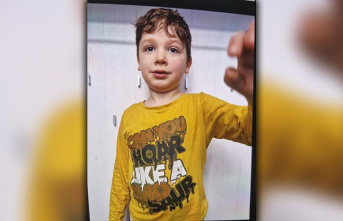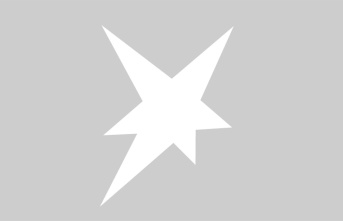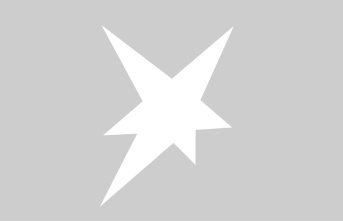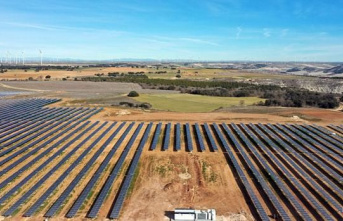A General Council of the Judiciary (CGPJ) in which the majority of its members are appointed by politicians goes "against the rules, it is a violation" (of the standards of a rule of law). This was stated this Monday by the vice president of the European Commission, Vera Jourovà, who is in Spain these days testing, among other issues, the blockade in the negotiations of the governing body of the judges, in office for three and a half years .
In an informative meeting of the New Economy Forum, Jourovà, who is Commissioner for Values and Transparency of the Commission, has insisted on the need to avoid interference by political power in the judiciary, and has recalled that Brussels already had to intervene a year for the Government to withdraw the reform that lowered the qualified majority required for the renewal of the CGPJ.
The European vice-president has pointed out that in the ten EU countries that have bodies similar to the CGPJ, the majority of their members are elected by the judges themselves and that Spain (where the Parliament participates in the entirety of that election) has to continue that way.
A system in which the majority of judges are not chosen by their own career, he has insisted, "would go against the rules, would become a violation and we would have to convince the Minister of Justice", as was already done in 2020 (with the aforementioned reform of the majorities). In his opinion, we must seek political solutions to this situation and he has admitted that he would like to "see the results of a stable system that allows the different governments that come out of the polls to survive". "A long-term stable and resilient system against political pressure," he stressed.
Jourovà took advantage of his speech to analyze the Union's policies in the fight against disinformation. He recalled that if in 2013 the main concern was how to prevent our private data from being shared, added to the rise of pornography and the indoctrination of radicals through social networks, now the key is how to combat disinformation (understood as a coordinated and intentional movement to "subvert society and bring about change") without establishing censorship.
In this sense, he has referred to the disinformation campaigns about Covid, which have come to endanger lives, and more recently to Putin's propaganda actions. “Sanctioning Russia is not sanctioning the media, because in reality they are a propaganda weapon for Putin. I wanted the neutrality of the platforms and now I see myself saying: get on the good side (...). We want the platforms to hire people who verify the information«. In this sense he defended as »absolutely essential« the role of the media and journalists, especially those who are risking their lives in Ukraine.
The vice president defended that Ukraine receive the status of a candidate country to enter the Union but recalled that "it will have to comply with all the obligations, milestones and criteria" that are required of the rest, something for which there is a lot of work ahead; "There was already before the war," she has said. What cannot be done, in her opinion, is to treat the Ukrainian people "as a brother and then do nothing, because that is evidence to Putin that we are weak in our principles".












